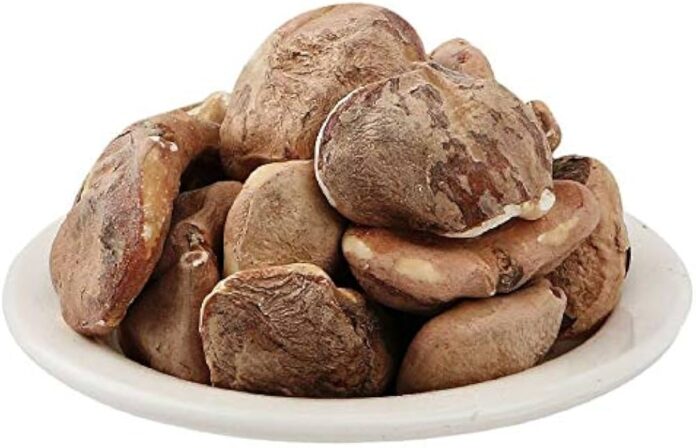What is Water chestnut?
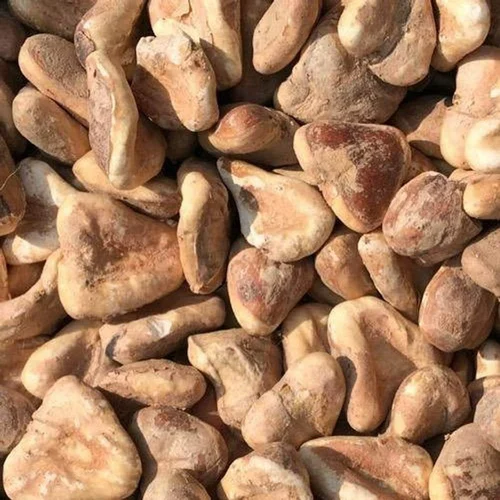
Water chestnuts are a type of aquatic vegetable that grow in marshes, ponds, and shallow lakes. They’re not actually nuts but corms—thickened underground stems. They’re known for their crisp texture and slightly sweet flavor, often used in Asian cuisine, particularly in stir-fries and salads.
Water chestnuts are also quite nutritious. They’re low in calories and high in fiber, potassium, and various vitamins. When cooked, they retain their crunch, making them a popular choice for adding texture to dishes. They’re often found fresh, canned, or pickled in stores.
Forms
Unlike fresh water chestnuts, which are crisp and have a slightly sweet flavor, dried water chestnuts are more concentrated in flavor and often used in powdered or sliced form.
Here are some common forms of dried water chestnuts and their uses:
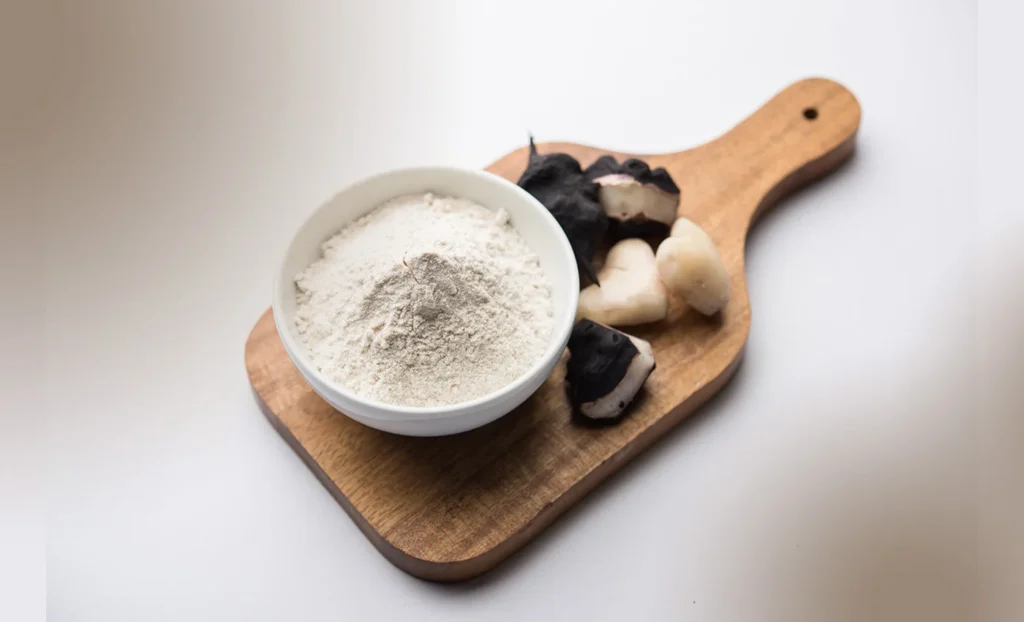
- Dried Slices: These are thinly sliced and dried water chestnuts. They can be rehydrated by soaking them in water and then used in stir-fries, soups, or other dishes where you want to add a bit of crunch and flavor.
- Powdered Water Chestnut: This form is used primarily as a thickening agent or to add a subtle nutty flavor to dishes. It can be used in soups, sauces, and stews.
- Whole Dried Corms: These are less common but can be found in some specialty stores. They can be rehydrated and used similarly to dried slices.
Characteristics
Dried water chestnuts have distinct characteristics that differ from their fresh counterparts. Here are the key features:
Texture:
- Dried Slices: They become hard and brittle when dry. After soaking in water, they regain some of their crispness but may not be as crunchy as fresh water chestnuts.
- Dried Whole Corms: They are very hard and need thorough rehydration before use. Once rehydrated, they can be sliced or chopped as needed.
- Powdered Water Chestnut: This form is fine and powdery, used primarily for thickening or flavoring rather than texture.
Flavor:
- Dried Slices: They retain a mild, slightly sweet flavor but may become more concentrated or nutty after drying.
- Dried Whole Corms: Similar to dried slices, they have a subtle sweetness and nutty taste that becomes more pronounced once rehydrated.
- Powdered Water Chestnut: The flavor is more concentrated and nuttier, which can enhance dishes with a hint of sweetness and richness.
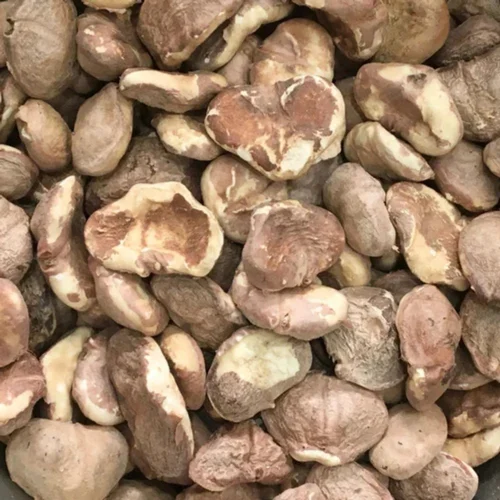
Appearance:
- Dried Slices: Typically, light brown or tan in color, with a slightly translucent appearance once rehydrated.
- Dried Whole Corms: Dark brown or beige and hard. They may look shriveled and need to be soaked to restore their size and shape.
- Powdered Water Chestnut: Fine and white to off-white in color.
Preparation:
- Dried Slices: Require soaking in water for several hours or overnight to rehydrate before cooking.
- Dried Whole Corms: Also need soaking to become soft enough for slicing or chopping.
- Powdered Water Chestnut: Ready to use directly in recipes without additional preparation.
Nutritional Content:
- Dried Water Chestnuts: Concentrated in nutrients like fiber, potassium, and vitamins, though some water-soluble vitamins may be reduced during the drying process.
Health Benefits
Dried water chestnuts, when compared to their fresh counterparts, still retain many of their nutritional benefits but in a more concentrated form. Here’s how dried water chestnuts can contribute to your health:
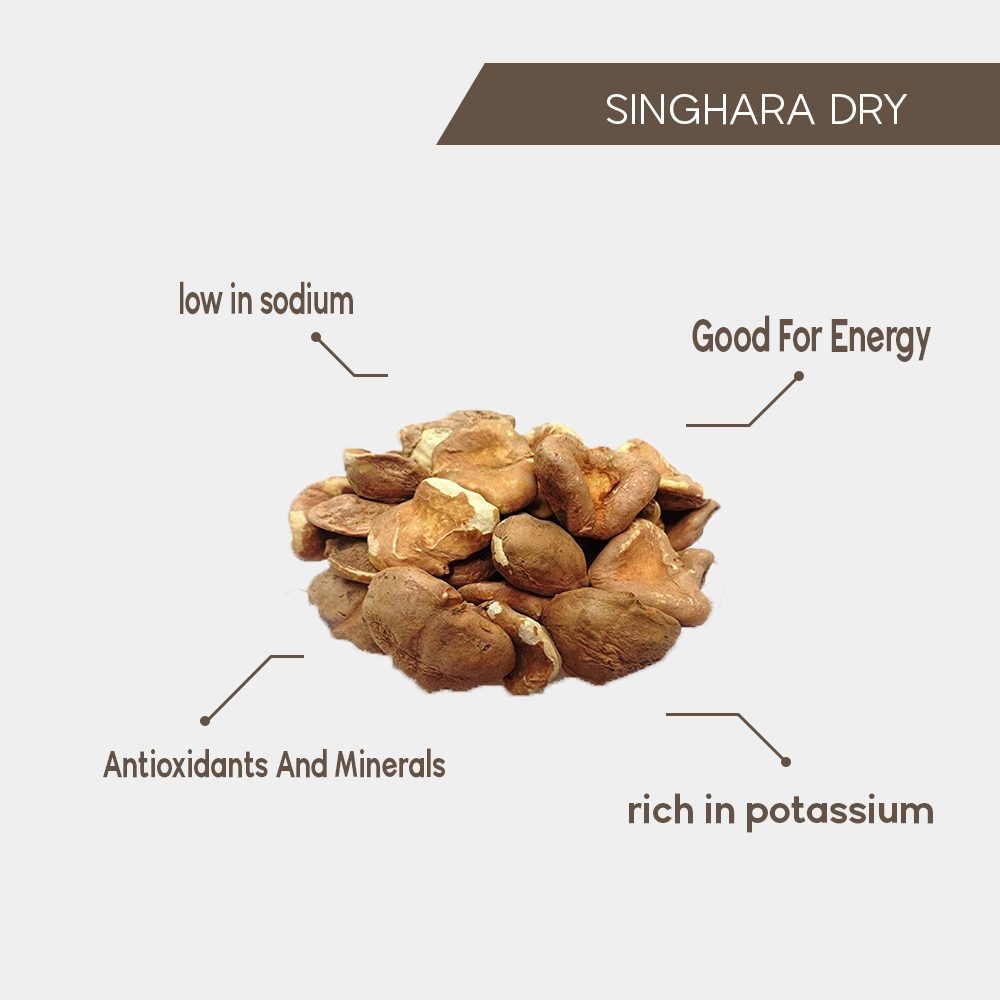
Nutrient Density
Dried water chestnuts are concentrated sources of vitamins and minerals. They provide essential nutrients such as potassium, which helps manage blood pressure, and manganese, which supports bone health and metabolism.
Digestive Health
The fiber content remains high in dried water chestnuts. This fiber aids in digestion, helps maintain regular bowel movements, and can prevent constipation. High fiber intake also supports a healthy gut microbiome.
Low Caloric Content
Like fresh water chestnuts, dried versions are low in calories, making them a good choice for those looking to manage their weight or reduce calorie intake without sacrificing nutrition.
Heart Health
Potassium and dietary fiber in dried water chestnuts support cardiovascular health. Potassium helps balance sodium levels and manage blood pressure, while fiber aids in reducing cholesterol levels, both of which contribute to a lower risk of heart disease.
Hydration
Although dried, water chestnuts can still contribute to hydration when rehydrated before use, due to their inherent high-water content when fresh.
Antioxidant Properties
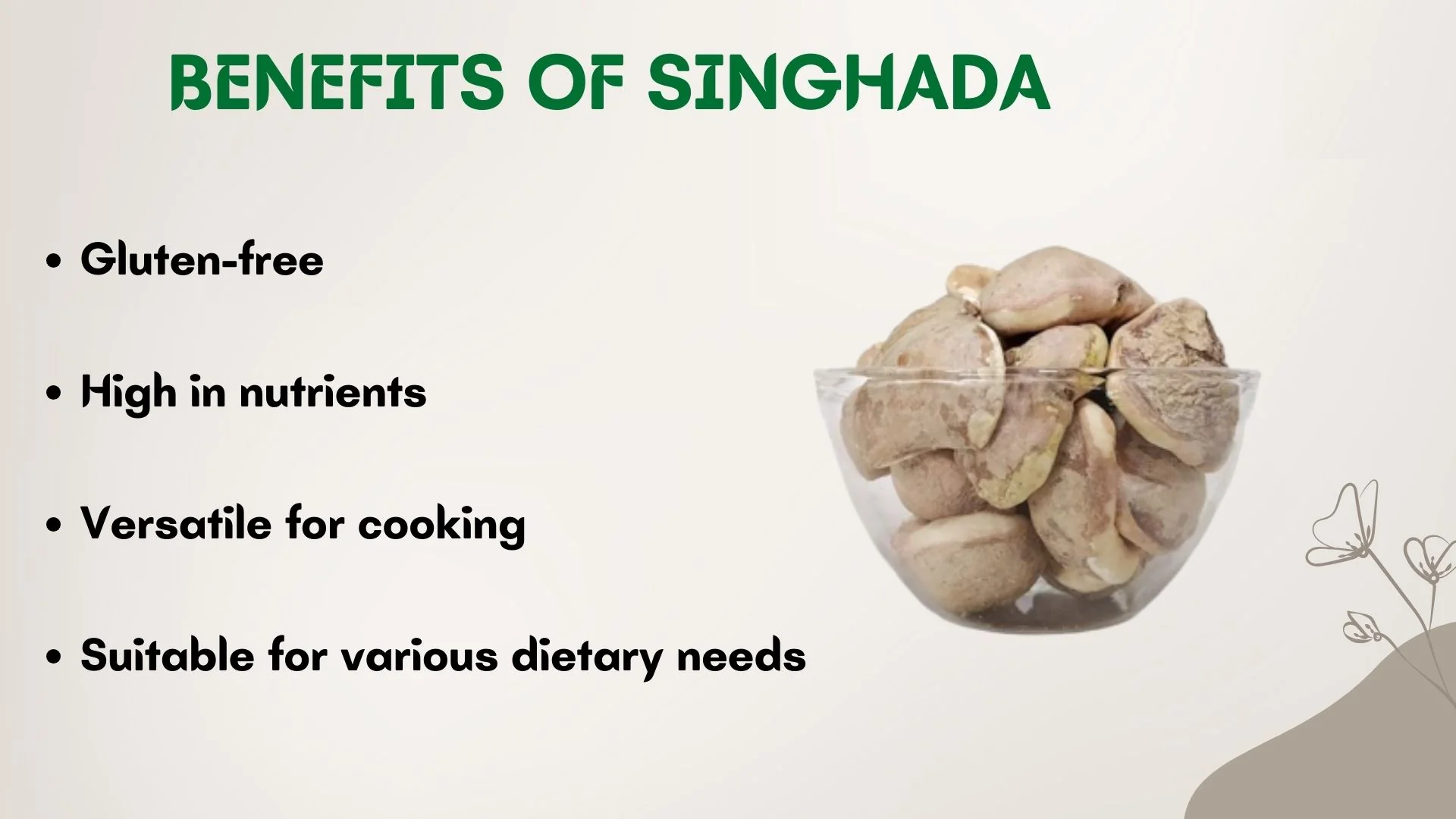
Dried water chestnuts retain antioxidants that help combat oxidative stress, which may help reduce inflammation and lower the risk of chronic diseases.
Metabolism Support
The B vitamins in dried water chestnuts play a role in energy metabolism, helping the body efficiently convert food into energy.
Side Effects
Dried water chestnuts are generally safe to eat and offer several health benefits, but there are a few considerations to keep in mind. They can cause digestive discomfort if consumed in large amounts due to their fiber content, so it’s best to eat them in moderation. Additionally, if you’re using pickled dried water chestnuts, be mindful of their high sodium content, which can affect blood pressure. Rarely, individuals might experience allergic reactions, so it’s important to monitor for any adverse effects. Overall, they can be a nutritious and flavorful addition to your diet when enjoyed responsibly.



